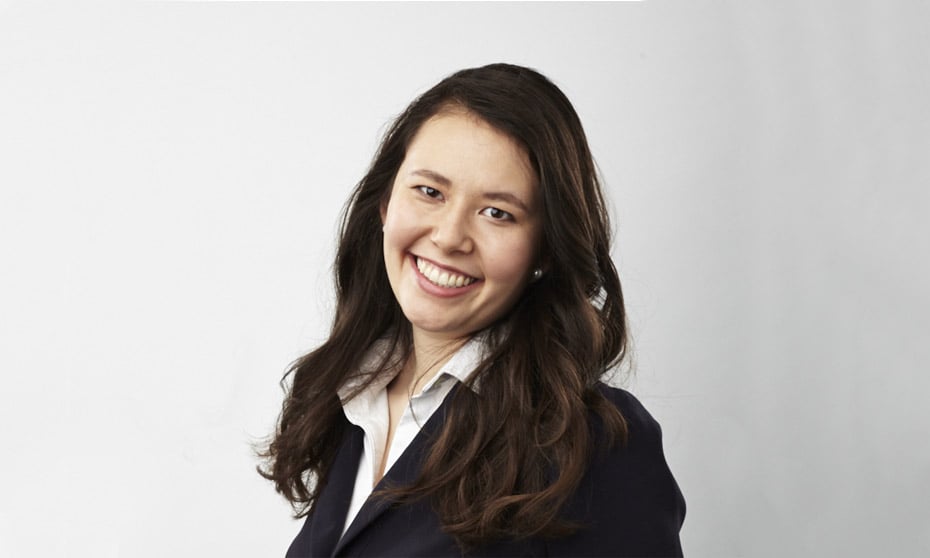Would you like a biscuit with that testamentary trust you’re discussing? At Lawyers and Lattes, a new legal café in midtown Toronto, clients can order rental agreements, family trusts, employment contracts and all sorts of coffee off menus that clearly indicate each service’s price.

Would you like a biscuit with that testamentary trust you’re discussing? At Lawyers and Lattes, a new legal café in midtown Toronto, clients can order rental agreements, family trusts, employment contracts and all sorts of coffee off menus that clearly indicate each service’s price. The café also hosts free legal information sessions, one pro-bono Saturday a month and will soon introduce an LSAT prep course.
“I wanted to open up a more general law firm and re-invent the way the mainstream firm operates. I also wanted this firm to be part of the community,” says co-founder Dale Barrett, a computer programmer turned tax lawyer who also runs a separate tax practice.
“I settled on the idea of a café because a café is probably one of the most relaxing environments that people frequent, which could remove some of the stress and apprehension in acquiring legal services.”
Most people find dealing with legal issues nerve-racking, no matter what the outcome, and signing a retainer and putting thousands of dollars in trust doesn’t help. Enter the Lawyers and Lattes menus, which clearly state that an uncontested divorce will cost $949 and includes three hours of a lawyer’s time, an eviction notice will cost $49 and a notary stamp will set you back $25.
While finances are an integral aspect of access to justice, the environment shouldn’t be overlooked either.
“Back in the day, people would go to a law office and would be spoken down to in Latin maxims, and people don’t want that,” Barrett notes, adding that women and younger clients are especially keen on the café’s casual vibe.
“As [fixed-rate and walk-in firms] become more normal in the marketplace, I think more and more people are going to start insisting on them,” Barrett says. “. . . I imagine a lot of firms are going to have start moving in this direction in the future.”
So, what does that mean for today’s law students? Should we skip the distressing recruits and brush up on our barista skills? While Barrett recognizes the value of all kinds of training, he warns us to prepare for a non-legal career at some point, especially given the increasing prevalence of artificial intelligence in the law.
“While students should get traditional experience, they should be thinking in the back of their minds — or even in the front of their minds — about where the future of law is going to be and whether there will be positions available in these big firms,” Barrett says. “I articled at Torys and I can't tell you how many hundreds of hours I spent doing due diligence. And I promise you a lot of the due diligence I was doing is being done by a computer at this point.”
It’s important, he adds, for students to determine which areas of the law will continue to be served by humans. He’s confident that estate law, for instance, will still need a living, breathing lawyer’s touch, despite fill-in-the-blank wills available online.
“It's not just who do you want to leave your stuff to,” Barrett says. “Think about what's going to happen to your dogs. Do you want to set up a testamentary trust for your trust to make sure they're taken care of properly? Certainly, a computer could ask the questions . . . but for the foreseeable future, the lawyer is still going to be a resource that's valued in terms of giving their input and making sure the documents produced are actually going to serve their clients' needs.”
After learning I’m going into labour law, Barrett gave his seal of approval to that field as well.
“Labour lawyers will always be necessary,” he says, since advocacy and bargaining can’t be outsourced to AI. “You still need humans to think and talk and negotiate and be clever.”










